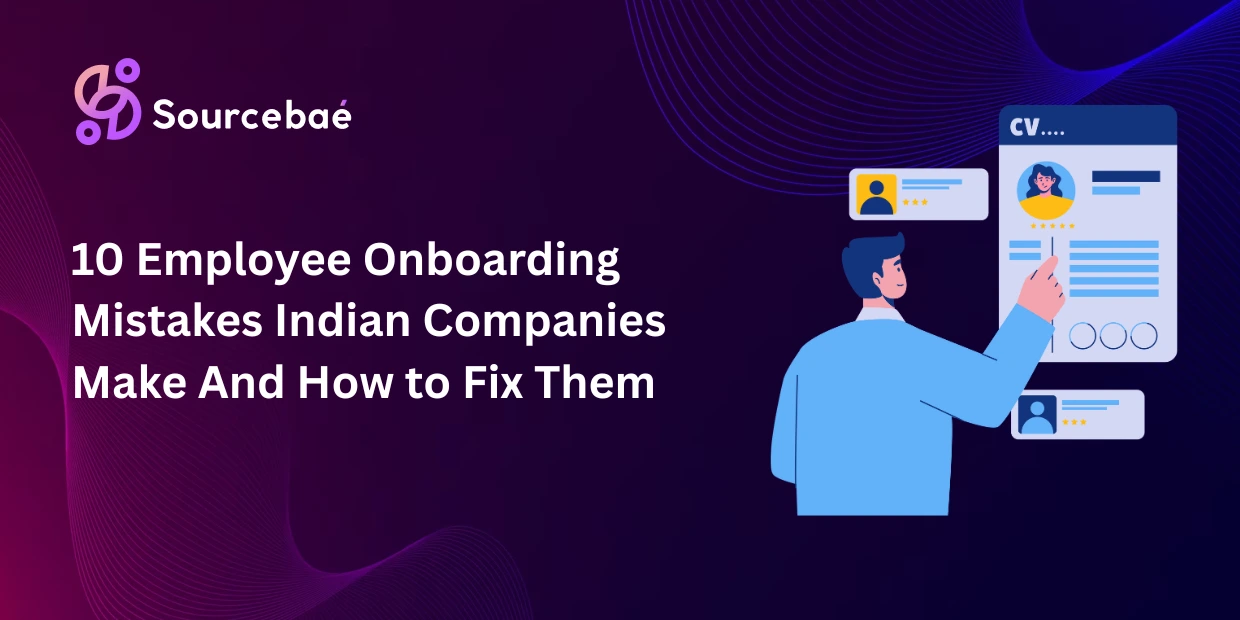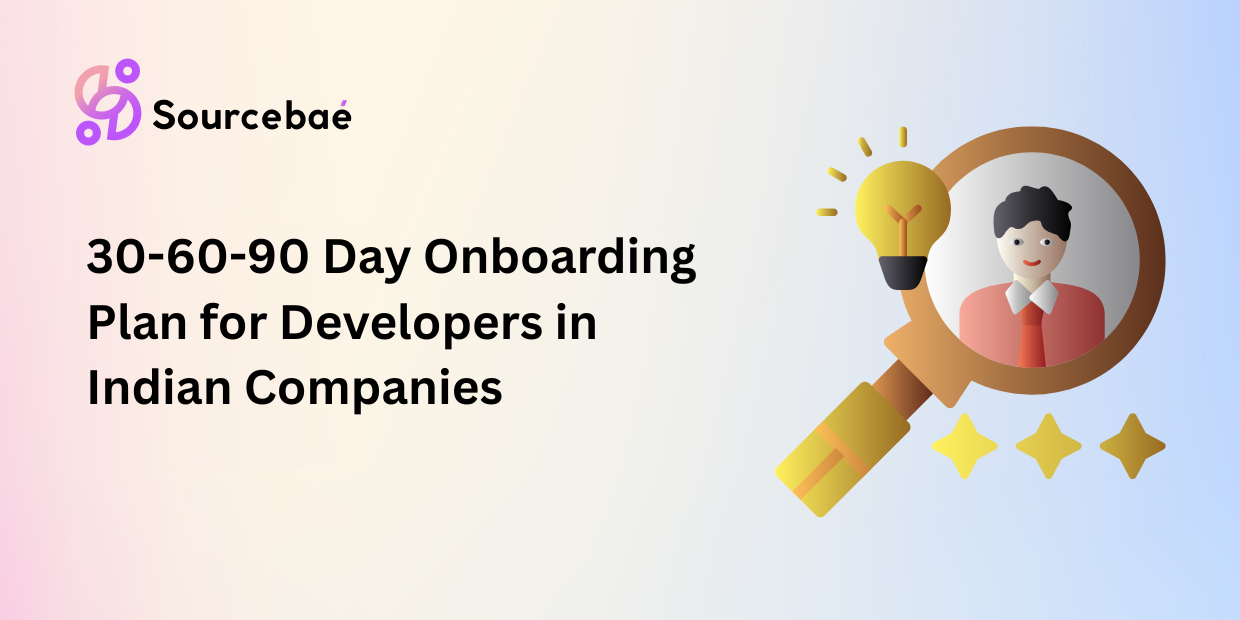In today’s fast-paced technological landscape, businesses face a critical decision: which technology stack should they adopt to drive efficiency, innovation, and growth? Two prominent contenders in this arena are SAP and Java. Both offer unique advantages and have their own niche applications. In this article, we’ll delve into the world of SAP or Java Technology, exploring their features, use cases, and helping you make an informed decision regarding which one is better suited for your specific needs.
SAP: Streamlining Business Operations
Understanding SAP
SAP, which stands for Systems, Applications, and Products in Data Processing, is a powerful software suite designed to streamline business operations. It covers a wide range of functions, including financial management, human resources, supply chain management, and more. SAP’s primary strength lies in its ability to integrate various business processes, making it an invaluable tool for large enterprises.
Use Cases for SAP
- Enterprise Resource Planning (ERP): SAP is renowned for its ERP capabilities, allowing businesses to consolidate their various departments into a unified platform. This streamlines operations, reduces redundancy, and enhances overall efficiency.
- Supply Chain Management: With SAP, companies can optimize their supply chain by monitoring inventory levels, demand forecasting, and logistics, ensuring products reach customers promptly.
- Human Capital Management: SAP’s HR module assists in managing personnel, payroll, and recruitment, simplifying HR processes for large organizations.
Check out: SAP Tutorial Navigator
Java Technology: Versatility and Scalability
Unpacking Java
Java is a versatile programming language that has been a cornerstone of software development for decades. Known for its “write once, run anywhere” capability, Java allows developers to create applications that can run on multiple platforms without modification.
Use Cases for Java
- Web Development: Java is a popular choice for building dynamic and interactive websites. Frameworks like Spring and JavaServer Faces (JSF) facilitate rapid web application development.
- Mobile Applications: Android, the world’s most widely used mobile operating system, is built on Java. This makes Java a preferred language for developing Android applications.
- Big Data and Cloud Computing: Java is well-suited for handling big data and cloud computing tasks. It provides the scalability and performance required for these resource-intensive operations.
Check out: Add Double Quotes in String in Java
Which One Is Better: SAP or Java Technology?
Now, let’s tackle the million-dollar question: which technology is superior, SAP or Java? The answer depends on your specific needs and the nature of your business.
Considerations for Choosing SAP
- Business Size: SAP is ideal for large enterprises with complex operations that require extensive process integration.
- Industry: Certain industries like manufacturing, retail, and finance benefit greatly from SAP’s comprehensive suite of tools.
- Budget: Implementing SAP can be costly, so it’s essential to assess your budget and ROI carefully.
Considerations for Choosing Java Technology
- Development Flexibility: Java is excellent for custom software development, making it a top choice for businesses that require tailored solutions.
- Platform Independence: If you need applications that can run on diverse platforms without modification, Java is the way to go.
- Scalability: Java’s scalability suits businesses that expect rapid growth and increased workloads.
FAQs
Q: Can I use both SAP and Java in my organization?
Yes, many organizations utilize both SAP and Java. They integrate SAP for managing core business operations and use Java for custom software development or web applications.
Q: Is SAP only for large corporations?
While SAP is commonly associated with large enterprises, smaller businesses can also benefit from scaled-down versions of SAP solutions tailored to their needs.
Q: Does learning Java require extensive programming knowledge?
Java is considered one of the easier programming languages to learn, making it accessible to developers with varying levels of expertise.
Q: Is Java still relevant in the era of emerging technologies like AI and blockchain?
Absolutely. Java remains a robust choice for developing applications that incorporate emerging technologies due to its flexibility and adaptability.
Q: Are there any free alternatives to SAP and Java?
Yes, there are open-source alternatives to both SAP and Java. For SAP, you can explore options like Odoo and ERPNext, while Java has open-source frameworks like Apache Struts and Hibernate.
Q: What’s the future outlook for SAP and Java?
Both SAP and Java are expected to maintain their relevance in the technology landscape, with ongoing updates and advancements to meet evolving business needs.
Conclusion
In the dynamic world of technology, the choice between SAP and Java depends on your organization’s unique requirements. SAP excels in providing comprehensive solutions for large enterprises, while Java offers versatility and scalability for custom software development and platform-independent applications. By carefully considering your business size, industry, and budget, you can make an informed decision and leverage the power of SAP, Java, or a combination of both to drive your organization’s success.
READ MORE: Which are the Top HR Agencies in Indore?






